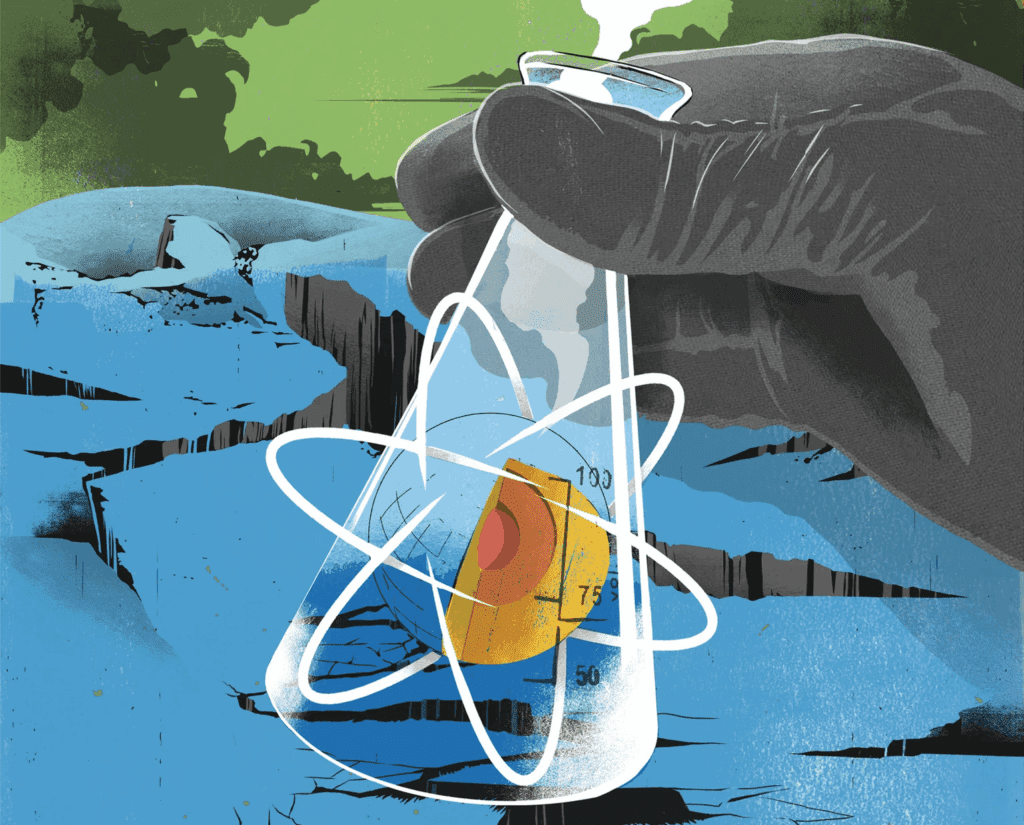The rejection of science poses significant challenges, highlighted by vaccine hesitancy and climate change denial. Research identifies four primary reasons for this anti-science sentiment:
-
Credibility: People often doubt scientists’ credibility, viewing them as biased or untrustworthy, particularly when scientific debates are misinterpreted as a lack of expertise.
-
Social Identity: Individuals may reject scientific evidence if it conflicts with their group associations, leading to hostility towards scientists or those who accept scientific findings (e.g., climate change advocates).
-
Contradictory Beliefs: When scientific information clashes with deeply held personal beliefs or values, many prefer to reject the evidence instead of confronting uncomfortable truths.
-
Message Delivery: The way scientific information is communicated can also lead to rejection. If it does not align with how individuals process information—such as requiring certainty—they may dismiss it outright.
Political influences amplify these anti-science attitudes by shaping perceptions of credibility and aligning scientific ideas with political identities. Understanding these factors can help devise strategies to enhance scientific acceptance and communication.
The authors emphasize the need for targeted messaging that resonates with different audiences to foster a greater acceptance of science.



